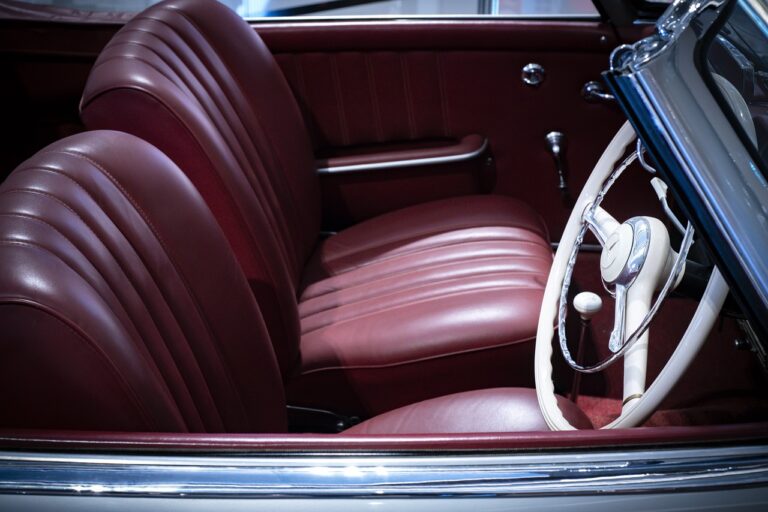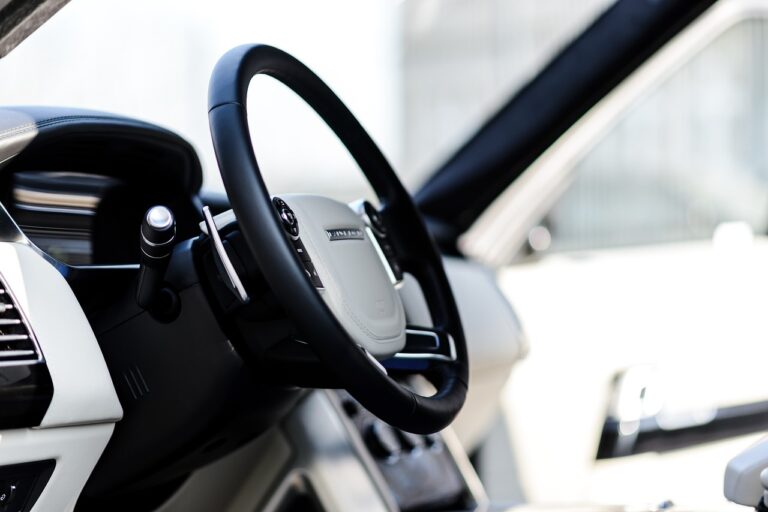The Psychological Significance of Car Ownership: A Consumer Perspective
Cars play a significant role in shaping individuals’ personal identities. For many people, the type of car they drive serves as a reflection of their personality, values, and lifestyle. Whether it’s a sleek sports car, a rugged SUV, or a practical sedan, the vehicle one chooses to drive can communicate a lot about who they are and how they want to be perceived by others.
In addition to reflecting personal traits, cars can also hold sentimental value and memories that contribute to one’s identity. A car may be associated with special moments, such as road trips with friends, family outings, or even first dates. These experiences create emotional attachments to vehicles, making them more than just modes of transportation but extensions of oneself. As individuals invest time, effort, and resources in maintaining and customizing their cars, they deepen the bond between themselves and their vehicles.
Cultural Influences on Car Ownership
Car ownership is deeply intertwined with cultural influences, reflecting societal values and norms. In many cultures, owning a car signifies success, independence, and mobility. It is a status symbol that often goes beyond mere transportation.
Certain cultures place a high emphasis on brand perception, associating specific car brands with prestige and luxury. This influences individuals to make car purchasing decisions based on the perceived image associated with a particular brand, rather than solely focusing on practical considerations. Furthermore, cultural traditions and customs can also play a role in the types of vehicles individuals choose to own, reflecting heritage and familial values.
Emotional Attachments to Vehicles
Often, individuals develop deep emotional connections to their vehicles, viewing them as more than just modes of transportation. Cars can become symbols of personal achievements, reflecting one’s tastes, values, and lifestyle. The attachment to a vehicle can be fueled by memories associated with significant life events, such as road trips with loved ones or adventures taken on the open road.
Moreover, the emotional bond with a car can stem from the sense of freedom and independence it provides. For many, the act of driving evokes feelings of empowerment and control, leading to a strong emotional tie to their vehicle. The sense of familiarity and comfort that comes from spending time in a familiar car can also contribute to an individual’s emotional attachment to their vehicle.
• The memories associated with road trips and adventures can create sentimental value for a vehicle
• Feeling of freedom and independence while driving can lead to emotional attachment
• Familiarity and comfort from spending time in a familiar car can deepen the emotional bond
Why do people often form emotional attachments to their vehicles?
People often form emotional attachments to their vehicles because they spend a significant amount of time in them, creating a sense of familiarity and comfort. Additionally, vehicles can represent freedom, independence, and personal identity.
How do cars play a role in personal identity?
Cars can play a role in personal identity by symbolizing a person’s values, lifestyle, and aspirations. The type of car someone drives can reflect their personality and status in society.
How do cultural influences impact car ownership?
Cultural influences can impact car ownership by shaping societal norms and expectations regarding the type of car someone should own. For example, in some cultures, owning a luxury car may be seen as a status symbol, while in others, practicality and efficiency may be more important.
Can emotional attachments to vehicles have negative consequences?
Yes, emotional attachments to vehicles can have negative consequences if a person becomes overly attached and neglects other important aspects of their life. Additionally, if a car is lost or damaged, it can lead to feelings of grief and loss.
How can someone overcome a strong emotional attachment to their vehicle?
To overcome a strong emotional attachment to a vehicle, it can be helpful to focus on the practical aspects of owning a car and remind oneself that it is just a material possession. Seeking support from friends or a therapist can also be beneficial in processing and managing emotions related to the attachment.







